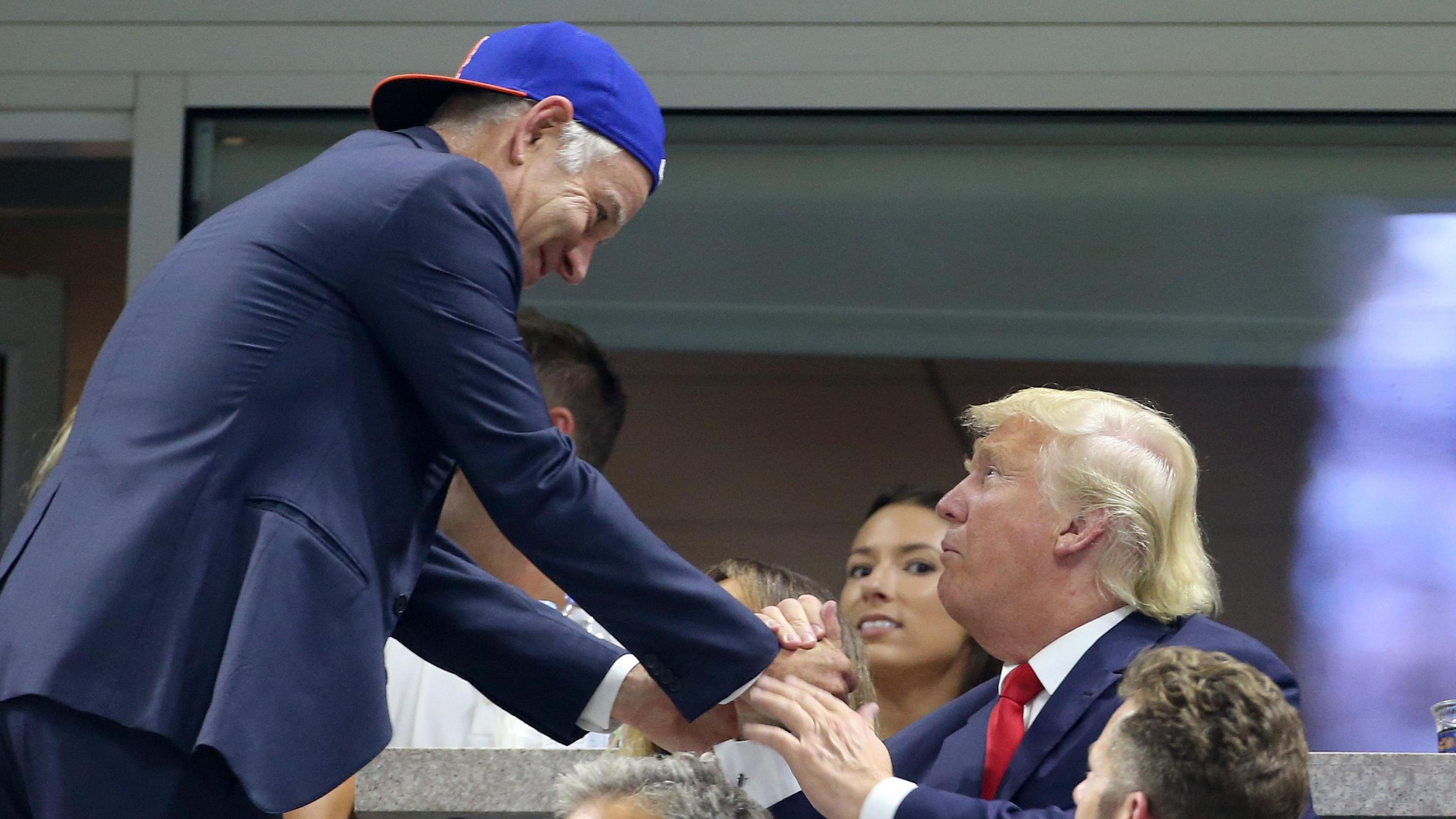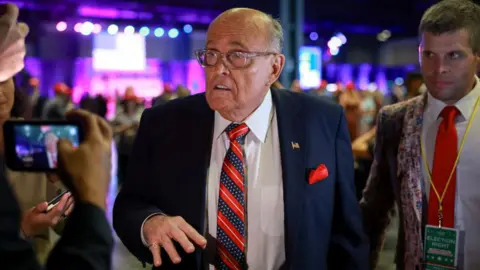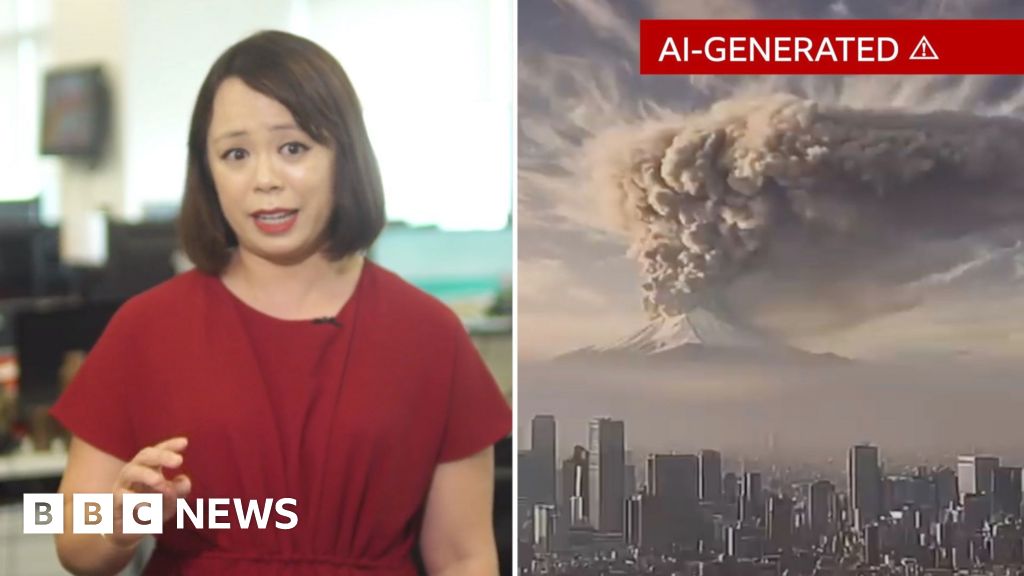In a significant ruling that resonates with growing unease over AI's influence on artistic professions, a federal judge in New York has permitted a class action lawsuit from two voice-over artists, Paul Skye Lehrman and Linnea Sage, to advance against Lovo Inc., an AI voice technology startup. The plaintiffs allege that their voices were unlawfully utilized by the company's AI-driven text-to-speech platform, Genny, without their permission.
Although the court dismissed the artists’ claims regarding federal copyright infringement, it allowed their accusations of breach of contract and deceptive business practices to move forward. The couple maintains that their voices were appropriated for AI training, asserting that anonymity in their initial engagements with Lovo representatives misled them about the intended use of their recordings.
The lawsuit follows an avalanche of similar cases confronting AI companies over alleged copyright violations as artists seek to safeguard their intellectual property amidst the tech surge. Representing the artists, attorney Steve Cohen heralded the judge's ruling as a landmark victory, expressing optimism that a jury would hold technological giants accountable for the application of their work.
Living in New York City, Lehrman and Sage were initially contacted for voice-over projects through the freelance platform Fiverr, where Lehrman was compensated $1,200 and Sage $800. They discovered their synthesized voices on Lovo's platform — Lehrman’s voice notably employed in a podcast discussing AI's potential repercussions on Hollywood — prompting shock and dismay at the ethical implications.
After further investigation, the duo identified their purported vocal clones featured in promotional content for Lovo, bringing light to the potential commercialization of their likeness without consent. The case is slated for proceedings in the US District Court in Manhattan, marking a crucial step in the ongoing dialogue surrounding the balance between AI advancement and the rights of creative professionals.



















